
15 Books from 2015
A new year has arrived, and I’ve already encouraged several people to make a reading list for 2016. I read a lot last year; this list highlights the fifteen best books of 2015.
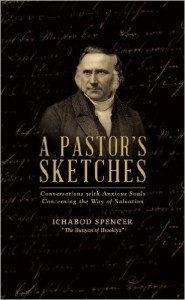
- A Pastor’s Sketches (Ichabod Spencer) – Perhaps the most influential book that I read in 2015 (beside the Bible!), Ichabod Spencer combines Christian charity, Biblical wisdom, and evangelical zeal in the real world. This hefty tome (over 550 pages) is his own account of pastoral visits, mostly among non-Christians. His highly respected ministry in 19th century Brooklyn was blessed by abundant fruit; I thoroughly enjoyed the opportunity to ‘join him’ on his visits!

- Skeletons on the Zahara: A True Story of Survival (Dean King) – I always like to include at least one adventure book in my reading regimen for the year, since it inspires me to heroic deeds and mental toughness. This book certainly does. When the crew of an American brig shipwrecks off the coast of the Sahara Desert, the New England sailors find themselves slaves of the nomadic population. Thrilling, fascinating, and too gory for the faint of heart.
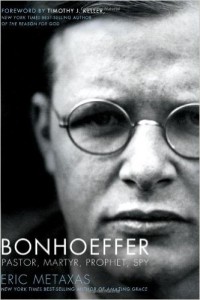
- Bonhoeffer: Pastor, Martyr, Prophet, Spy (Eric Metaxas) – Though this book has been critiqued as an overly simplified view of Bonhoeffer, I knew nothing about the man when I started reading. So while I leave the theological controversy to the experts, I was fascinated by the story of one who dared to stand boldly against the Nazis, even when he paid the ultimate price.
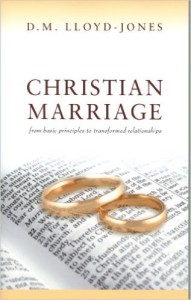
- Christian Marriage: From Basic Principles to Transformed Relationships (Lloyd-Jones) – No, I may not be married, but marriage is an important part of God’s plan for humans, and plays a crucial role in our understanding of the church. Lloyd-Jones’ exposition of Ephesians chapter five delves into the theory of Christian marriage and lays a solid, Biblical foundation for the subject.
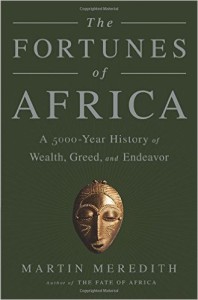
- The Fortunes of Africa: A 5000-Year History of Wealth, Greed, and Endeavor (Martin Meredith) – As I was getting ready for a trip to southern Africa, I wanted to read a book that covers all of African history. But where does one find such an expansive record? Fortunately, Meredith manages to not only cover all the major events, but to do so in an engaging and enlightening manner.
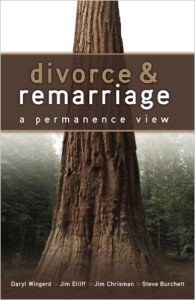
- Divorce and Remarriage: A Permanence View (Wingerd, Elliff, Chrisman, Burchett) – Yes, I admit that I read this book before, and it is written by the elders of my church. Still, since divorce and remarriage play such a crucial role in American society, I thought the topic worth revisiting. The conclusion is controversial, but the argument is clear, thought-provoking, and well-researched.
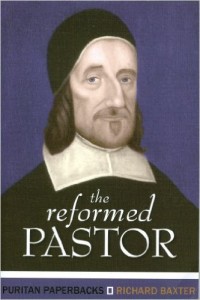
- The Reformed Pastor (Richard Baxter) – This book is less about Reformed Theology, and more about a renewed (or ‘reformed’) view of the ministry. As one man noted, it is “one of the best of Baxter’s invaluable treatises. In the whole compass of divinity, there is scarcely anything superior to it.”
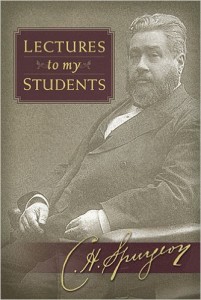
- Lectures to My Students (Charles Spurgeon) – I sure am glad that the famous British preacher recorded his seminary lectures. Brimming with wit, wisdom, and practical application, these lectures deal with every issue that a pastor faces, from the call to ministry to the use of illustrations in a sermon.
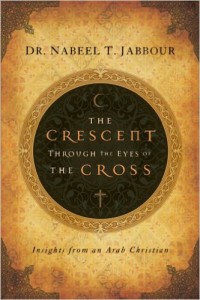
- The Crescent through the Eyes of the Cross: Insights from an Arab Christian (Nabeel Jabbour) – The Christian culture is awash in anti-Muslim rhetoric. Whether that critique is justified or not, it is simply a message to the choir. If we want to effectively engage with Muslims, we must change our perspective. This book doesn’t try to be balanced – the aim is to show the Muslim view of Christianity, even when that view is unbalanced. (P.S. – A more accurate title for this book would be The Cross through the Eyes of the Crescent).
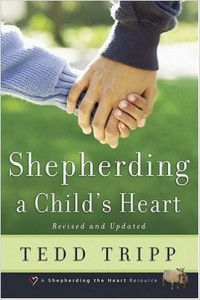
- Shepherding a Child’s Heart (Tedd Trip) – I may not have children, but I should be prepared to minister to those who do. Shepherding a child’s heart combines parental love, biblical truth, and a simple style to create a compelling blueprint for Christian parents.
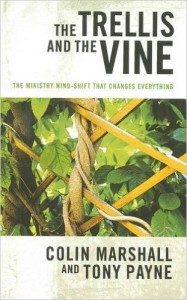
- The Trellis and the Vine: The Ministry Mind-Shift that Changes Everything (Colin Marshall and Tony Payne) – This book may be a lighter read, but it still challenges a number of church methodologies. Could it be that we are investing too much work in the trellis (the church structure) and not enough in the vine (the church members)? And – how can we give each aspect the attention that it deserves? Hint – work smarter, not harder.
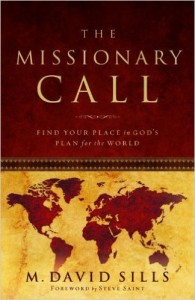
- The Missionary Call: Finding Your Place in God’s Plan for the World (David Sills) – It was only appropriate that I read this book by David Sills – my friend Trevor Holloway just headed to Latin America as a missionary with Mr. Sill’s ministry! This book answers a number of questions that missionary candidates have – dealing with everything from ‘what is the missionary call’ to ‘challenges on the field.’

- Understanding and Rebuilding Africa: From Desperation Today Towards Expectation for Tomorrow (B. J. Van der Walt) – Not only did I want to understand African history – I also wanted to understand the psychology and culture of the continent. Professor Van der Walt is a retired South African professor who deals with both of these issues. The first half of the book is filled with analysis of the African mindset – fascinating and sometimes disheartening. The second half of the book, where he delves into his view of a Christian worldview, has some value, but ventures into dangerous waters.
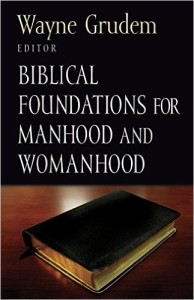
- Biblical Foundations for Manhood and Womanhood (Wayne Grudem & Bruce Ware) – A third book on my list dealing with marriage, men, and women, Biblical Foundations aims for the academians and scholars more than the common Christian. Still, there is benefit in considering the theory behind manhood and womanhood. This book is well researched, Biblical, and – sometimes – dry.
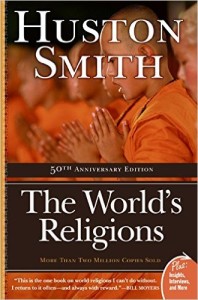
- The World’s Religions (Huston Smith) – Smith is not a Christian, by any stretch of the imagination, and his book presents the world religions in a very rosy light. Yet there is some benefit when mature Christians learn about the religious landscape of the world. Surveying the broad sweep of every major religion, Smith gives an intriguing and philosophical overview of these belief systems. The negative: in order to summarize all of the branches of Christianity, he is forced to dilute the message of the Gospel almost beyond recognition.



